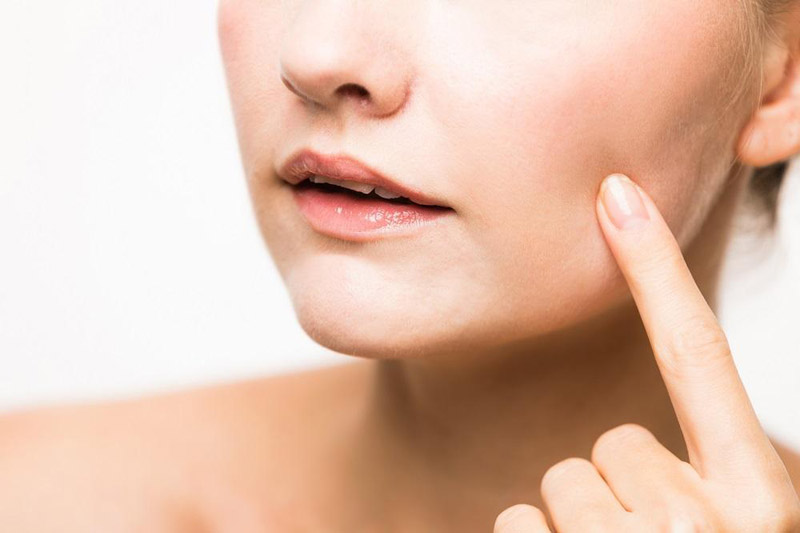Call Us
310-274-4401
Blog
Environmental Factors You Did Not Know Can Impact Your Skin

Did you know that, on average, skin accounts for about 16% of total body weight, and it covers about 22 square feet, making it the largest human organ? This protective shield covers you from head to toe and serves as a barrier between you and everything the world can throw at you, which is quite a lot.
Environmental hazards lurk everywhere, and your skin often takes the first hit. To illustrate what your skin is up against, the team here at Rapaport Dermatology of Beverly Hills, led by Dr. Vicki Rapaport, highlights a few of the more destructive environmental hazards and how we can help you fight back.
Sunny California
One of the reasons why so many people enjoy living in sunny California is our abundant sunshine, which you can count on year-round. While this may be an environmental factor that you are perfectly aware of, as dermatologists, we want to remind you how bad ultraviolet (UV) radiation is for your skin.
First, exposure to the sun is the leading driver of skin cancer, which affects about 1 in 5 people in the United States by the age of 70.
From an aesthetic perspective, UV rays are enemy number one when it comes to premature aging in your skin. Not only does sun exposure break down collagen fibers and lead to wrinkles, but you can also develop discolorations in the form of sunspots.
Smog Central
Despite our abundant sunshine, the greater Los Angeles area is well known for another reason — we are the smoggiest city in the United States. Between bad ozone days and high levels of smog and fine particles, your skin absorbs some unhealthy toxins that lead to inflammation and can exacerbate existing skin conditions, such as rosacea, eczema, and acne.
Drying Out
We hear a lot about the ongoing drought in California, and we want to point out that this situation affects your skin. Our dry and arid climate robs our skin of moisture, not to mention the salt water if you like to get into the ocean.
As a result, our skin is dry and less than supple and, in extreme cases, can crack.
Hard Water
Do you notice a white buildup around your faucets or a milky film on your wine glasses? This is because we have hard water here in Los Angeles County, which has high levels of calcium and magnesium. Now imagine that this same film can develop on your skin, which can be tough for people with sensitive skin.
Supporting Your Skin
Given all that your skin faces, you want to do what you can to support this large organ. A great way to do this is to enlist our help so that we can design the best plan for your skin. From regular facials to recommendations on skin care products, we can provide you with a tailored plan that will keep your skin in the pink of health.
To get started, you can schedule an appointment at Rapaport Dermatology of Beverly Hills at one of our medspas in Beverly Hills and Culver City, California.
